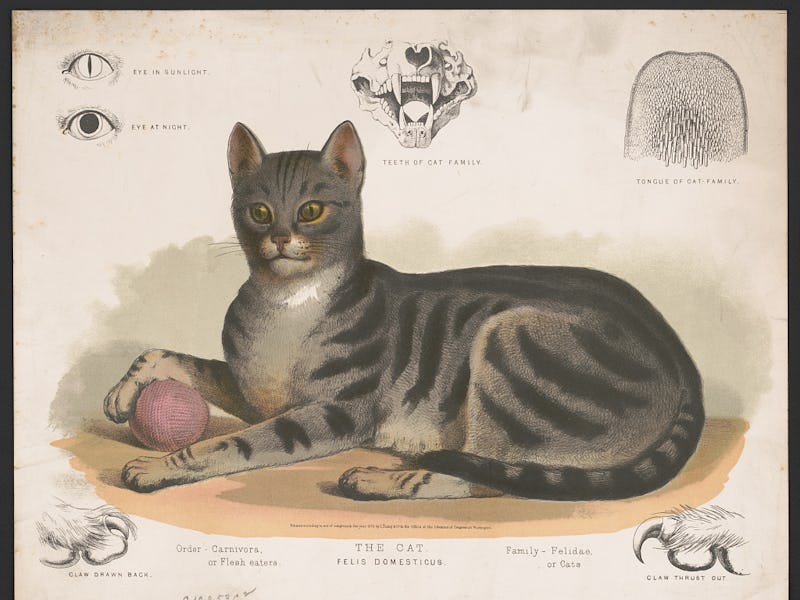House pets and the evolution of domestication
In this episode, we discuss how an evolutionary view of domestication is helping us understand our favorite house pets.

A surprising discovery has rewritten how cats become house pets, while unexpected and rapid evolution is making red foxes more like dogs. In short: an animal’s path to domestication is very complicated.
From wild animals to domestic pets, an evolutionary view of domestication is helping us understand how man’s best friends made their way into our homes.
As the wild beasts lurking in our backyards learn to become tame, will people open their doors to wild foxes like they once did with dogs? And while domestic cats are one of the most popular pets around the world, are they even fully domesticated?
From why our own behavior can drastically alter the future of wild animals to how cats made a choice to coexist with humans, the latest scientific findings reveal how our favorite animals became family — and the future wild creatures that could make their way to your living room.
In this episode of The Abstract, we discuss how an evolutionary view of domestication is helping us understand our favorite house pets.
Our first story is about a study on urban foxes that offers new clues about animal domestication. After spending vast amounts of time with humans, city-dwelling red foxes in London are starting to become more like house pets than wild animals.
Our second story is about how cats originally came to be domesticated. With new research suggesting when the relationship between humans and ancient cats began, the history of your house pet is being rewritten.
Read the original Inverse stories:
- Rapid evolution is making red foxes more like dogs in 1 distinct way
- Cats chose humans very early: Archaeological tests upend common historical thinking
Where to find us:
- Subscribe to The Abstract wherever you listen to podcasts: iTunes | Spotify | TuneIn | RadioPublic | Stitcher
- Follow Nina Pullano on Twitter
- Follow Sarah Sloat on Twitter
- Follow Inverse on Twitter
- We're hosted and produced by Tanya Bustos
—
Right now, facts and science matter more than ever. That's part of the reason for The Abstract, this all-new podcast from the Inverse staff that focuses exclusively on science and innovation. Three new episodes are released a week, and each covers one theme via two related stories. Each features audio of original Inverse reporting, where the facts and context take center stage. It's hosted by the Tanya Bustos of WSJ Podcasts. Because we're Inverse, it's all true but slightly off-kilter. It's made for people who want to know the whole story. —Nick Lucchesi, executive editor, Inverse
This article was originally published on